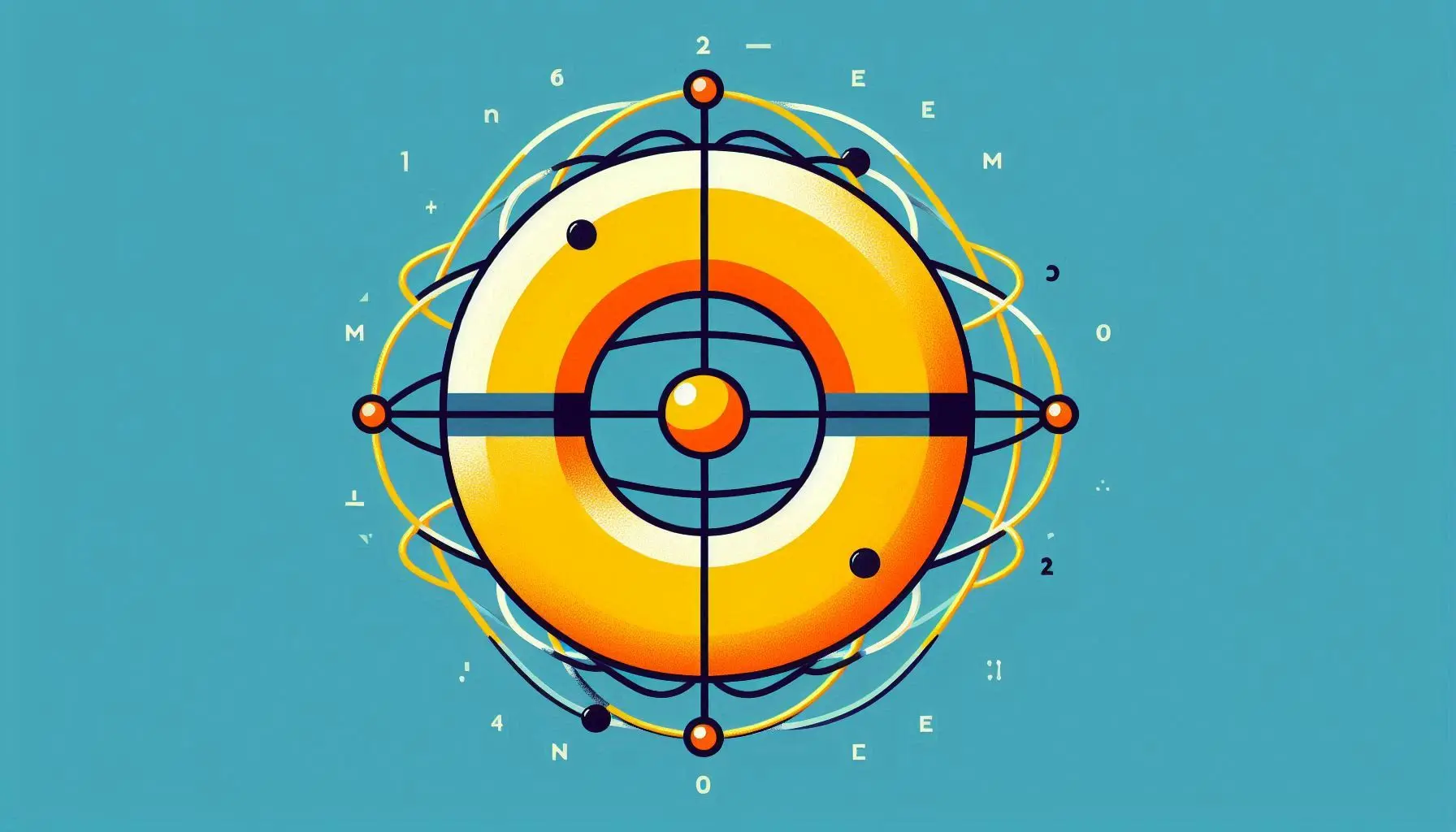Describe Planck’s quantum hypothesis and Planck’s radiation law
Max Planck, a German physicist, introduced his quantum hypothesis in 1900 to resolve a problem in physics that had perplexed scientists for decades: the ultraviolet catastrophe. This problem arose from classical physics, specifically from the Rayleigh-Jeans law, which predicted that the energy radiated by a blackbody (an idealized object that absorbs and emits all frequencies …

